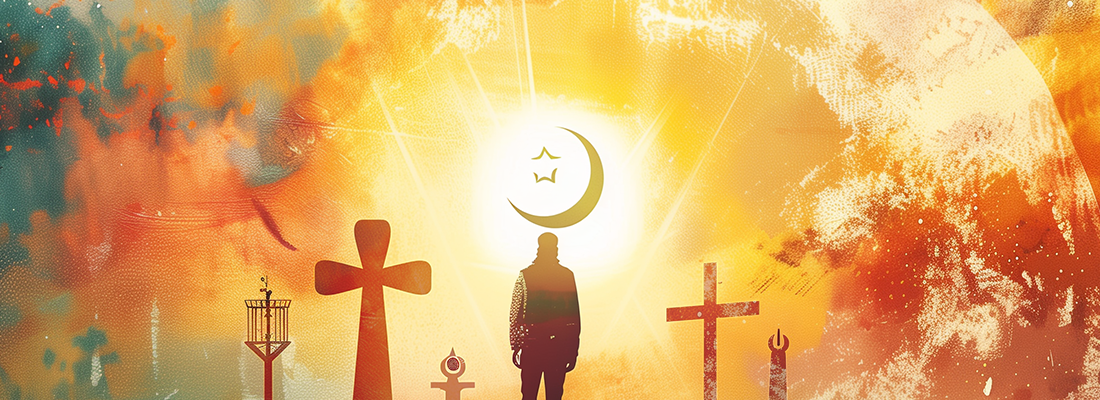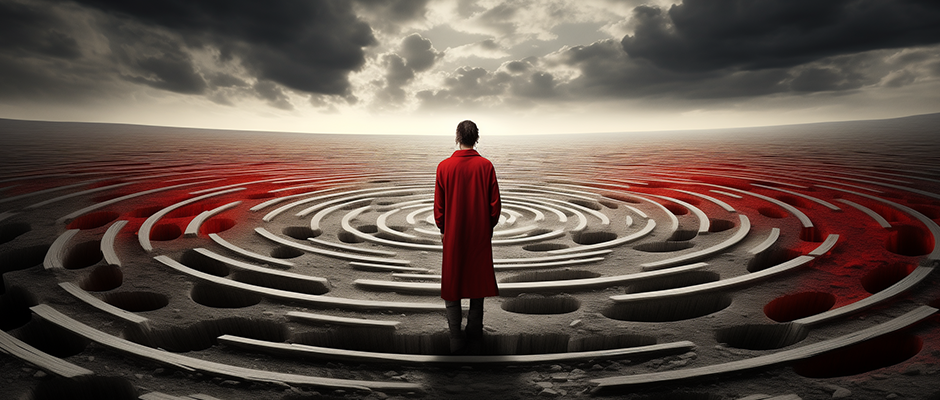



Hey everyone,
I’ve been thinking a lot about the myths that surround atheism and how they’ve affected my own journey as a non-believer. It’s funny how often I’ve bumped into these stereotypes and had to bite my tongue (or not) to set the record straight. So, I figured, why not dive into some of these misconceptions and share my thoughts with you? After all, understanding begins with conversation.
Let’s start with a big one: the idea that without a god, we’re all just wandering around morally clueless. I can’t count how many times I’ve heard this one. But here’s the deal – morality isn’t handed down from on high; it’s something we build together, as a society. I’ve met atheists who are some of the most empathetic, fair-minded people out there, proving that you don’t need religious texts to tell you how to be a decent human being.
Another thing that gets tossed around is the notion that atheism is just another belief system. But that’s not how I see it. For me, atheism is the absence of belief in gods or deities – a conclusion I’ve come to after a lot of questioning and critical thinking. It’s not a religion; it’s a personal stance that says more about what I don’t believe than what I do. As I have mentioned before and as one of the founding basis for this organization is that “Atheism” is the default of humanity and therefore needs no label or categorization.
I get why some people might think atheists are just angry at the world. Sure, I’ve had my moments of frustration, especially when I see religion influencing public policy in ways I disagree with. But anger isn’t the baseline. Like anyone else, atheists come in all emotional shapes and sizes. And while I’m passionate about secular governance and the separation of church and state, it’s not about animosity – it’s about fairness.
This one’s tricky. It’s not about wanting to erase religion from the face of the Earth; it’s about promoting freedom of belief and encouraging critical thinking. I’m all for people questioning and understanding their beliefs, not blindly following them. That’s what critical thinking is all about.
The idea that life without belief in a deity is empty or meaningless couldn’t be further from my truth. For me, meaning comes from the connections I make, the knowledge I pursue, and the impact I have on the world around me. Freed from religious constraints, I find a deeper appreciation for the here and now and the legacy I want to leave.
Tackling these myths is just scratching the surface, but it’s a start. Atheism for me is about living a life unencumbered by the shadows of gods and focusing on the tangible, the real, the here and now. And while I’m not a fan of labels, I understand the power they have to bring us together under a common cause. So, here’s to more understanding, more dialogue, and more debunking as we navigate this journey together.
What are some “myths” you have encountered? Let me know in the comments.
Despite a personal aversion to the terms “atheist” and “atheism” for reasons previously discussed and written about, it is acknowledged that these terms serve as a rallying cry for like-minded individuals. Therefore, there will be a continued, albeit cautious, reference to and discussion of these terms in writings and communications.